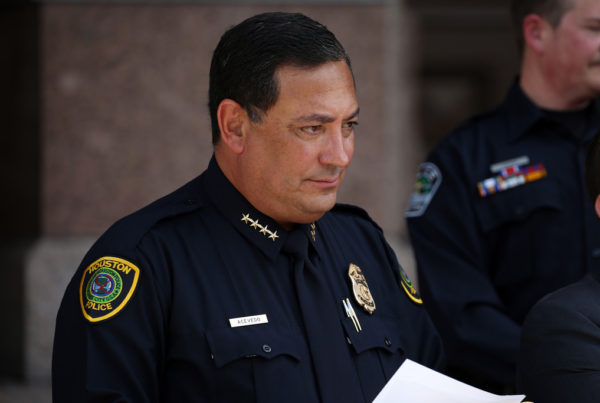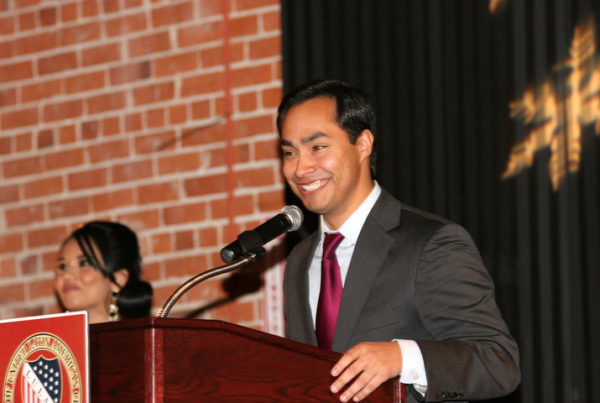Ty Roberts wanted to tell a West Texas story from the middle of the 20th century. He needed two things; a way to show a long-gone version of the region, and the help and support of people and organizations in the towns where he made his film.
“The Iron Orchard” is based on a story published in 1966, and someone attempted to turn the story into a screenplay in the 1960s, but it didn’t become a film.
“Supposedly, they had Paul Newman attached at one point,” Roberts says. “And for some reason or another – I think there was a shift in the paradigm of producing studio films out there – and I think it was just too big of a project to tackle at that time.”
But Roberts found a way to do it.
“The Iron Orchard” tells the story of a Fort Worth native who heads to the West Texas oil fields in the 1930s. He buys a company, drills a well and becomes a successful “wildcatter” – the term for a prospector who drills exploratory oil wells.
“I think a lot of people resonate with the book, and hopefully will with the film, in that it’s just a really authentic account of how a young guy with some smarts and wherewithal can go out and pull himself up by the bootstraps and make it,” Roberts says.
Recreating 1930s West Texas was among Roberts’ biggest challenges. And while he wasn’t on a shoestring budget per se, there were financial limits.
“We’re talking about what’s considered low-budget in the industry,” Roberts says.
He says the support of the people of West Texas made the film possible.
“People opened their doors,” he says. “They gave us locations at no or low cost.”
Roberts is working on getting international distribution for the film, and he’s releasing it independently this month, beginning in Texas.
“Every story deserves the chance to be seen,” Roberts says, “and it’s up to the folks out there to get out there and support us, to help it grow organically.”
Written by Shelly Brisbin.

















